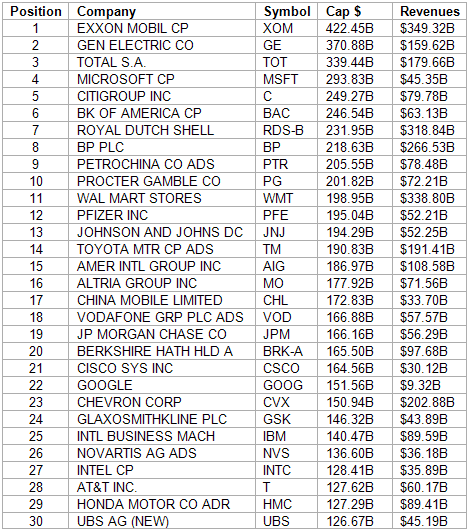XML developers reject W3C Schemas for Relax NG
Link: XML developers reject W3C Schemas for Relax NG

An argument among XML developers has seen a splinter group reject W3C Schemas for the Relax NG standard.
Main criticisms raised of the W3C schema focus on coding difficulties, and potential interoperability problems.
Proponents of RELAX NG - which stands for REgular LAnguage for XML Next Generation - point out that it is already a recognised ISO Standard: ISO/IEC 19757, Part 2.
Already some developers have already been coding XML in Relax NG, before compiling to W3C Schemas.
Overall, while this may seem like distant debate, the actual coding platform for XML is an important issue.
XML formats - especially RSS and Atom - are becoming an increasingly common part of computing, especially for communications between websites.
And with Microsoft and linux providing increasing support for XML between computing platforms, the debate as to which XML standard is followed could have widespread repurcussions far into the future of modern computing.
However, as pointed out elsewhere, the core issue deciding the matter isn’t which set of schemas developers are happy with - as much as which standard business is going to support.























